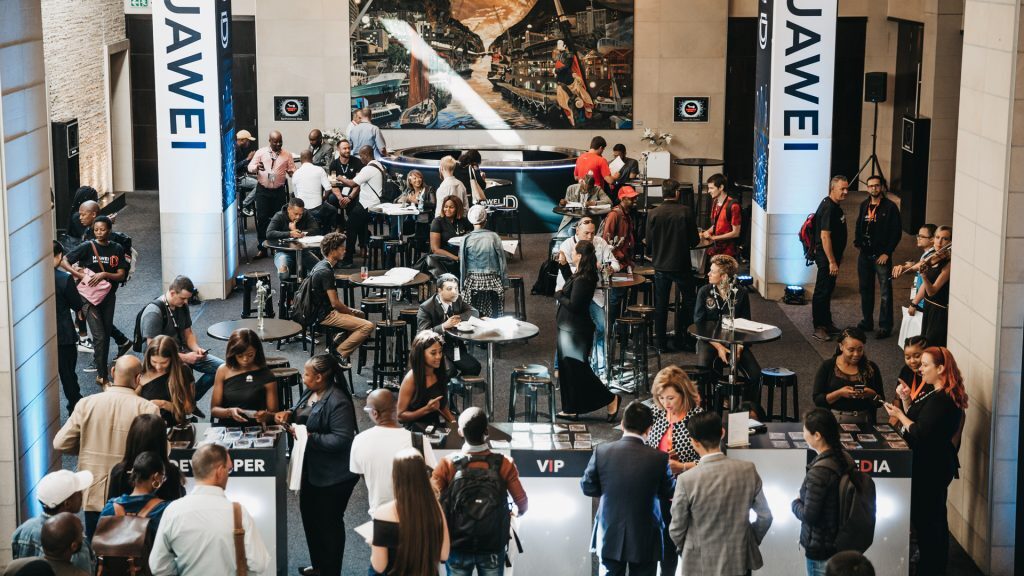We are well into the Fourth Industrial Revolution (4IR), as evidenced by the digitisation of information and automation of most business functions. However, South Africa runs the risk of lagging behind on this, with one of the reasons being our shortage of skills in the ICT sector. There is a growing need for government to collaborate with the private sector on a larger scale in developing critical skills such as data analysis, software engineering, software proficiency, and app development. It is these kinds of partnerships that will assist in preparing South Africa for smooth navigation along the 4IR journey.
One of the companies spearheading the ICT skills development agenda is HUAWEI. Huawei Mobile Services (HMS) recently launched its Developer Programme, Shining-Star, in South Africa. This programme is aimed at providing skills development to the country’s ICT industry in a number of ways. It assists developers in training, creating and launching their apps by giving them extensive and free support in the form of technical development, testing, and marketing tools and exposure.
Developers are also able to create and publish their apps on the HUAWEI AppGallery platform for free. The apps are available to download for any HUAWEI user around the globe; monthly active users of HUAWEI mobile devices are estimated to exceed 570 million globally. Access to global markets allows local developers to establish themselves beyond the borders of South Africa.
Another way of addressing the ICT skills deficit in South Africa is through free education and skills transfer programmes. This initiative is aimed at reducing the exclusion of individuals from learning institutions due to a lack of funding. HUAWEI has partnered with Udemy, an online learning and teaching academy, as well as a Massive Open Online Course (MOOC), which will provide online coding courses to programmers all over South Africa. Under this initiative, HUAWEI will open a free training centre in Gauteng that will be available to individuals, university students and freelance programmers who are already skilled or who want to learn more. This state-of-the-art training centre will have all the hardware and software required for learning and will act as an incubation hub.
In addition, to incentivise innovation in app development, Huawei Mobile Services, will be running competition challenges for app developers. Participants in one of the planned challenges, stand the chance of winning a R200 000 cash prize, as well as R100 000’s worth of marketing support. HUAWEI has also announced a competition where ten talented developers will win an all-expenses-paid trip to China, the home of HUAWEI to experience first-hand their code lab environments. This will give these app developers international exposure and training, which is key in developing world-class apps.
The tech skills deficit in South Africa requires a multi-pronged approach rooted in private/public partnerships. Access to information and technological infrastructure is vital in closing the skills divide. In addition, training development, as well as research in the technological space that is provided by companies like HUAWEI, will contribute to reducing the country’s ITC skills shortages. With the right skills, South Africa can secure its place in the 4IR journey.
App developers with a completed app can go here, or contact the HUAWEI SA Business Development team on developersa@huawei.com to find out how HUAWEI can support them.



